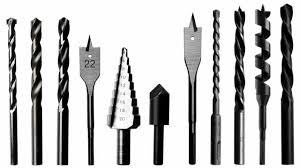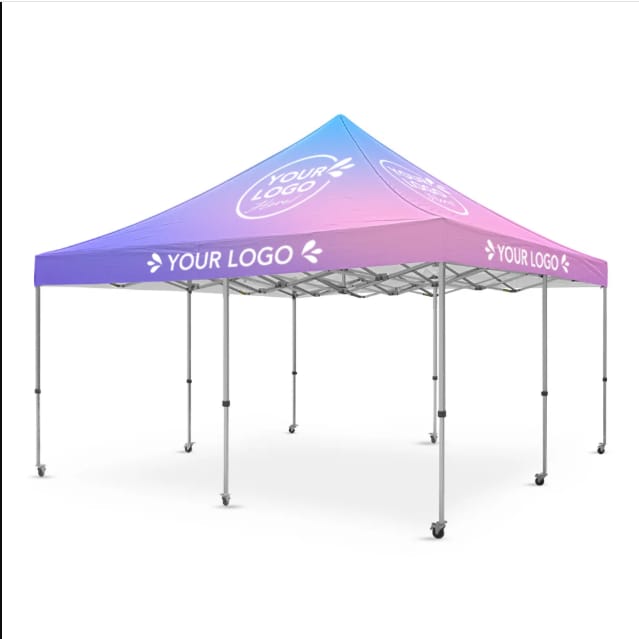
Choosing the right drill bit for heavy-duty industrial projects is essential for efficiency and precision. The wrong drill bit can lead to poor results, wasted materials, and even equipment damage. Industrial drilling often involves tough materials like stainless steel, hardened metals, and concrete. These materials require drill bits that can handle extreme pressure and heat without dulling or breaking. Durability and performance should be the top priorities when selecting a bit. Selecting the right drill bit makes the job easier and more effective.
Understanding Drill Bit Materials
The material of a drill bit plays a significant role in its strength and performance. High-speed steel (HSS) drill bits are common for general metalworking, but they may not be strong enough for industrial applications. Cobalt drill bits are better suited for harder metals since they are more resistant to heat and wear. Carbide-tipped drill bits offer even greater durability and are ideal for drilling into tough materials like concrete and masonry. Solid carbide bits provide maximum hardness and are often used in CNC machining and other precision work. The correct drill bit material helps you drill smoothly and makes it last longer.
Choosing the Right Drill Bit for Metal
Drilling through metal requires a strong, heat-resistant bit that can maintain sharpness. Cobalt drill bits are a popular choice because they stay sharp longer and resist high temperatures. They work well on hardened steel, cast iron, and titanium. Carbide-tipped bits provide even greater durability and can handle the toughest metals. When working with softer metals like aluminum or brass, high-speed steel drill bits may be sufficient. Using cutting fluid while drilling helps reduce friction and heat, which extends the bit’s lifespan. The right drill bit allows for clean and precise holes in metal surfaces.
Selecting a Drill Bit for Concrete and Masonry
Concrete and masonry drilling requires bits that can withstand hard, abrasive surfaces. Carbide-tipped masonry bits are the best option because they are designed to handle the density of materials like brick, stone, and concrete. These drill bits often have a special flute design to remove debris efficiently. When working with reinforced concrete, a carbide-tipped bit with a strong steel body is recommended. Hammer drills or rotary hammers provide the power needed to drive these bits through tough materials. Choosing the correct drill bit ensures faster drilling and reduces wear on tools.
Factors That Affect Drill Bit Performance
Several factors influence the performance and lifespan of a drill bit. The speed and pressure applied during drilling can affect the quality of the hole and the durability of the bit. Excessive force can cause overheating, which leads to premature wear. Using cutting lubricants or coolants helps reduce heat and prolongs the bit’s life. Drill bit coatings, such as titanium nitride, improve hardness and reduce friction, allowing for smoother drilling. Keeping drill bits sharp is also important to maintain efficiency and prevent material damage. Proper care and handling help maximize the effectiveness of a drill bit in industrial settings.
When to Replace a Drill Bit
A worn-out drill bit can reduce accuracy and slow down a project. Dull edges make drilling more difficult and increase the risk of damage to both the material and the tool. If a drill bit shows visible signs of wear, such as chipping or discoloration, it should be replaced. Difficulty in cutting or excessive heat buildup during drilling is another sign that a bit is no longer effective. Regular inspections and maintenance can prevent issues before they impact performance. Replacing a drill bit at the right time ensures continued efficiency and prevents costly mistakes.
Selecting the right drill bit for heavy-duty industrial projects is essential for achieving precise and efficient results. The material of the bit, the type of surface being drilled, and proper handling all play a role in performance. Using high-quality drill bits designed for specific applications helps extend their lifespan and ensures smoother drilling. Paying attention to speed, pressure, and cooling techniques also improves efficiency. Regular maintenance and timely replacement prevent unnecessary wear and tear. The right choice helps you work faster, spend less, and get better results.
Write and Win: Participate in Creative writing Contest & International Essay Contest and win fabulous prizes.


